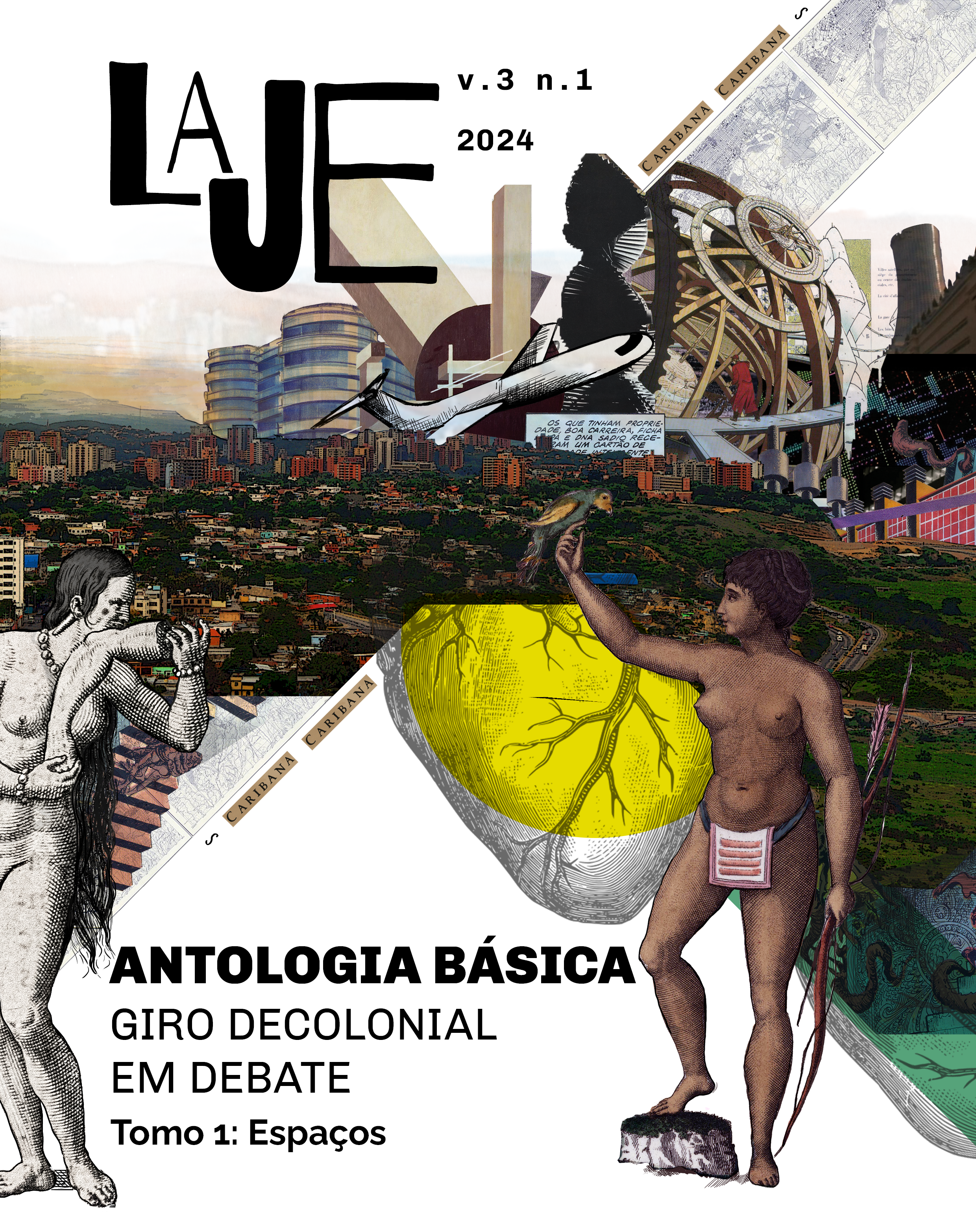Cities of Sisyphus
colonial urbanism and contingency
DOI:
https://doi.org/10.9771/lj.v3i0.60553Keywords:
Colonial City, Colonization, Utopia, Contingency, NatureAbstract
The article studies the kind of rationality that would be at stake in the process of founding of colonial cities in America. It is intended to establish that the conquest-urban during sixteenth Century would be the realization of a supposed classic-Cartesian reason, nor the condition of possibility of modern dream of total order of reality. By contrast, the urbanizing dynamic obey to practical criteria and situational needs that tried to respond to the vulnerability faced by the conquerors. This hypothesis is shown by describing the phenomenon of nomadism of Hispanic urban complexes studied by Alain Musset. This research shows that the colonial city was the result of a series of supervening facts and that the colonizing power was always conditioned by contingent realities and specific practices of Spaniards and Indians.


